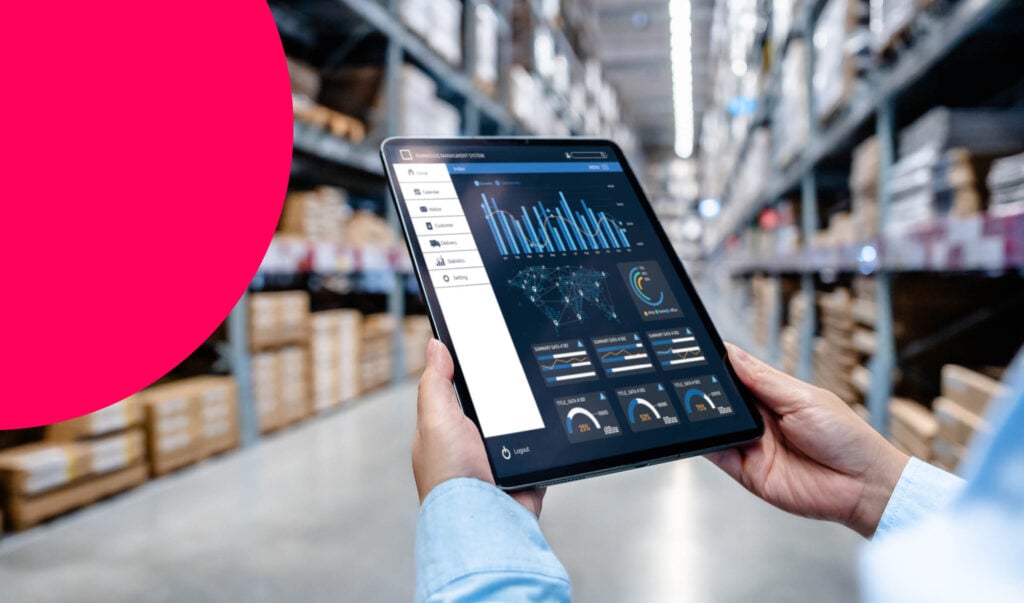Beyond compliance: Why site-level sustainability data is essential for effective supply chain due diligence
In today’s business landscape, responsible sourcing has moved from a nice-to-have to a strategic imperative. But as regulatory requirements tighten and stakeholder expectations rise, many procurement leaders are discovering that their current approach to supply chain due diligence may be fundamentally flawed—particularly when it comes to data collection.
The hidden dangers of headquarters-only reporting
When companies collect due diligence data only at the corporate headquarters level, they’re often seeing just the tip of the iceberg. This aggregated approach creates a significant blind spot that masks crucial variations across your supply chain. While HQ-level data might paint a reassuring picture, it frequently conceals site-specific issues that could pose material risks to your business.
Consider this: a supplier might report impressive overall social compliance figures, while individual facilities continue to operate with unsafe working conditions or even human rights violations. Without visibility at the site level, these problems remain hidden until they escalate into crises that affect your entire supply chain—potentially leading to regulatory fines, operational disruptions and severe reputational damage.
Why granular data matters to procurement professionals
As a procurement leader, your responsibility extends beyond simply managing supplier contracts. You need visibility into actual performance across all supplier operations to properly assess and mitigate risks. Site-level data provides the granularity required to:
- Map, assess, identify and mitigate high-risk facilities before issues escalate
- Make informed decisions based on actual performance rather than averages
- Verify that sustainability initiatives deliver real impact where it matters
- Respond confidently to increasing regulatory demands for transparency and due diligence
- Protect your company from reputational damage linked to supplier practices
The compliance landscape is changing
The regulatory environment is rapidly evolving toward greater specificity and accountability. Regulations like the EU’s Corporate Sustainability Due Diligence Directive (CSDDD), German Supply Chain Act (LkSG), and UFLPA now demand verifiable, site-specific data. Companies relying solely on headquarters-level reporting increasingly face compliance risks and potential financial penalties.
Furthermore, investors and customers aren’t satisfied with generalised claims anymore. They expect precise, auditable information about environmental and social impacts across your entire supply chain. Meeting these expectations requires a fundamental shift in how supply chain due diligence data is collected and managed.
From reporting to value creation
Moving to site-level data collection isn’t merely about compliance—it represents a strategic opportunity. With facility-specific insights, procurement teams can:
- Reduce audit fatigue by targeting assessments only at high-risk sites rather than blanket auditing all facilities
- Benchmark supplier facilities against each other to drive continuous improvement
- Replicate successful due diligence initiatives across multiple sites
- Target resources where they’ll have the greatest impact
- Build deeper, more meaningful supplier relationships based on transparency
- Transform responsible sourcing from a reporting exercise into a value creation tool
The Sedex advantage: site-level visibility for informed decision-making
For over 20 years, Sedex has been collecting site-level data while other platforms focus on aggregated corporate assessments. Our approach is built around facility-level data collection and verification, providing procurement leaders with precise insights into actual conditions and practices at each supplier site.
Our globally recognised SMETA audit program and self-assessment questionnaires deliver granular, verified visibility into labour practices and working conditions at individual sites—not just headquarters. This long-established expertise means we’ve perfected the process of gathering meaningful site-level data that drives real improvement.
By mapping your entire supply chain at the facility level, you gain the visibility needed to make informed decisions, mitigate risks effectively, and drive meaningful improvements where they matter most. You’ll be able to answer with confidence when stakeholders ask about conditions or practices at specific supplier locations—a capability that aggregated data simply cannot provide.
Moving forward: practical steps toward site-level transparency
Transitioning to site-level due diligence data doesn’t happen overnight, but procurement leaders can benefit from Sedex’s extensive existing supplier database to accelerate this journey. With data from over 115,000 supplier sites already on our platform, there’s a strong chance that many of your suppliers are already Sedex members.
We can help you:
- Match your supplier list against our global database to identify which of your suppliers already have site-level data available on the Sedex platform
- Leverage existing assessments and audits for immediate visibility into supplier sites already on our system
- Prioritise remaining high-risk or high-impact categories for deeper site-level assessment
- Streamline the onboarding process for suppliers not yet on the platform
- Use the comprehensive insights gained to inform targeted supplier development activities and continuous improvement
By building on our extensive supplier network rather than starting from scratch, you can significantly reduce the time and resources needed to achieve meaningful supply chain transparency.
The shift toward greater transparency is inevitable. Companies that embrace site-level sustainability data now will gain a significant competitive advantage in risk management, compliance readiness, and value creation—while those who continue to rely on headquarters-level aggregates risk being blindsided by hidden issues lurking within their supply chains.
Ready to transform your supply chain due diligence?
Contact our team to arrange a consultation and see how our supplier matching service and site-level data collection can strengthen your supply chain due diligence today.




